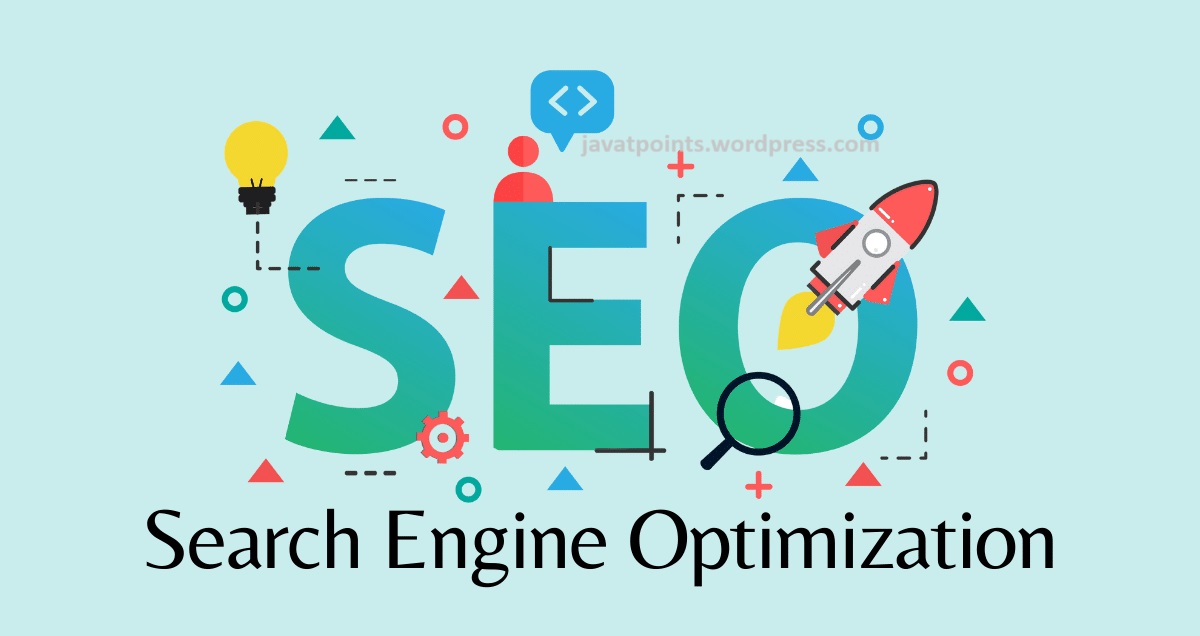The Evolution of Search Engine Optimization: From Keyword Phrases to Customer Experience in Digital Advertising
In the ever-evolving landscape of digital advertising, the journey of SEO from its keyword-centric roots to the existing concentrate on individual experience marks a significant transformation. As internet search engine fine-tune their formulas to prioritize individual complete satisfaction, electronic marketing professionals locate themselves navigating a surface where recognizing intent, enhancing for mobile, taking advantage of social signals, and adapting to voice search and AI have become necessary. This shift represents greater than simply a change in methods; it mirrors a fundamental reimagining of how brands get in touch with their target markets in the electronic realm, signaling a new age in search engine optimization strategy that surpasses plain keyword phrases.
The Increase of User-Centric Web Content
In the middle of the ever-evolving landscape of digital marketing techniques, the focus on user-centric material has actually become a critical consider boosting on-line presence and involvement. In the world of Search Engine Optimization (SEO), the focus has moved from simply integrating search phrases to developing valuable content that reverberates with the target market. User-centric web content is crafted with the target market's demands, preferences, and habits in mind, intending to provide purposeful and relevant details.
By focusing on user-centric web content, organizations can develop a stronger connection with their target audience, causing enhanced trust fund and reliability. This strategy not just improves the total individual experience but additionally positively impacts internet search engine positions. Look formulas, such as Google's, currently put considerable relevance on aspects like content high quality, relevance, and involvement metrics, making user-centric web content an essential element of any effective SEO approach.
Fundamentally, the increase of user-centric web content signifies a standard change in electronic marketing, where the emphasis is on supplying and building connections worth to individuals as opposed to entirely satisfying online search engine. This change emphasizes the value of developing content that attends to the needs and rate of interests of the target market, ultimately driving organic web traffic and cultivating long-term client relationships.
Significance of Intent-Based Optimization
The advancement of electronic marketing methods in the direction of user-centric web content has paved the method for a substantial focus on Intent-Based Optimization in Seo (SEO) Comprehending individual intent is critical in creating content that lines up with what individuals are looking for online. Intent-Based Optimization concentrates on providing web content that fulfills the certain needs and objectives of individuals, rather than just targeting search phrases.
By interpreting and analyzing user intent, companies can tailor their content to provide valuable information, products, or solutions that directly address what the user is searching for (Top SEO company in Singapore). This method not only improves the importance of the web content yet additionally improves the overall user experience, bring about greater interaction and conversion rates
Furthermore, online search engine like Google increasingly prioritize customer fulfillment and significance in their formulas. Web sites that effectively maximize for user intent visit their website are more probable to place greater in search results page, driving organic traffic and exposure. In today's affordable electronic landscape, grasping Intent-Based Optimization is web link necessary for staying ahead in search engine optimization and satisfying the developing needs of on the internet users.
Change Towards Mobile-Friendly Internet Sites
As the occurrence of mobile devices remains to increase, the shift in the direction of mobile-friendly web sites has come to be critical for services seeking to improve user experience and search engine optimization performance. With even more individuals accessing the internet via mobile phones and tablet computers, optimizing internet sites for mobile has transitioned from being a selection to a necessity in the electronic landscape.
Mobile-friendly websites use a seamless browsing experience by adjusting to different screen dimensions and resolutions, ensuring that material is conveniently accessible and visually appealing on all gadgets. Top SEO company in Singapore. Along with offering a much better customer experience, mobile optimization is also critical for SEO success. Online search engine like Google focus on mobile-friendly internet sites in their rankings, considering elements such as receptive layout, page loading speed, and mobile functionality when establishing search results page settings

Function of Social Signals in SEO
Just how do social signals influence the position of sites in internet search engine results? Social signals are a vital consider modern search engine optimization approaches, playing a vital role in affecting a website's online search engine position. These signals are indications of an internet site's appeal, significance, and authority based on social media sites interactions such as likes, shares, remarks, and overall engagement. Internet search engine think about social signals as an action of an internet site's trustworthiness and reliability, impacting its setting in search results.

Accepting Voice Look and AI
Welcoming the advancements of voice search modern technology and expert system (AI) is important for staying ahead in the digital advertising landscape. Voice search has gained substantial appeal with the surge of digital aides like Siri, Alexa, and Google Aide. Maximizing web content for voice search entails recognizing all-natural language patterns and long-tail key words that reflect how people speak. AI, on the various other hand, plays a crucial duty in evaluating large amounts of data to personalize customer experiences, forecast fads, and automate jobs.

Conclusion
In verdict, the advancement of SEO has actually seen a shift from focusing only on key words to prioritizing customer experience in digital marketing. This change has stressed the value of user-centric content, intent-based optimization, mobile-friendly internet sites, social signals, and the combination of voice search and AI technologies. By adjusting to these changes, organizations can improve their online presence and properly reach their target audience in the ever-evolving electronic landscape.
As search engines fine-tune their formulas to prioritize customer fulfillment, digital marketing experts find themselves browsing a terrain where comprehending intent, optimizing for mobile, using social signals, and adjusting to voice search and AI have come to be crucial. Understanding individual intent is critical in producing material that aligns with what individuals are looking for online. Search engines like Google prioritize mobile-friendly web sites in their positions, considering aspects such as receptive design, page filling rate, and mobile use when identifying search result settings.
Look engines take into consideration social signals as an action of a website's trustworthiness and reliability, impacting its placement in search outcomes.
Websites that receive high levels of social interaction have a tendency to do far better in search positions, as search engines analyze these signals as indications of valuable and user-friendly material.